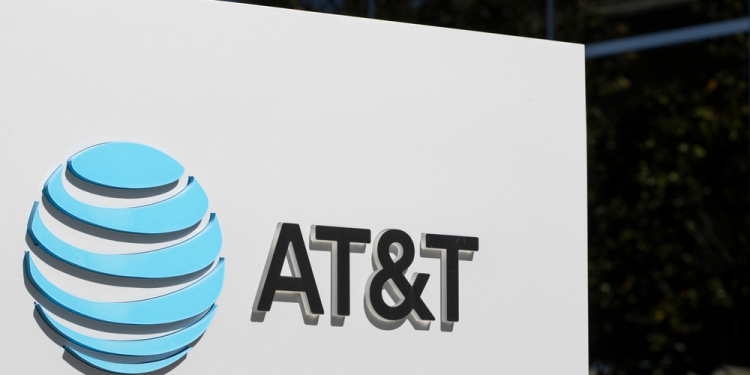AT&T has reached a $13 million settlement with the Federal Communications Commission (FCC) following a significant data breach that compromised the personal information of approximately nine million customers. This AT&T data breach occurred in January 2023 which involved unauthorized access and sale of customer data by third-party vendors employed by the firm.
According to a consent decree shared by the FCC, AT&T “failed to meet its duty to protect the confidentiality of customer proprietary information (PI)†and “improperly used, disclosed, or permitted access to individually identifiable customer information without customer approval.â€
Background of the 2023 AT&T Data Breach
The breach began when AT&T’s third-party vendors, who were responsible for managing customer data, were found to have mishandled sensitive personal information. This breach primarily involved Customer Proprietary Network Information (CPNI), which includes details like phone numbers, names, and certain service-related information. The vendors, hired to provide customer service and support, accessed this data without proper authorization and sold it to external parties, putting millions of AT&T customers at risk.
AT&T’s vendors gained access to this CPNI data to facilitate unlocking AT&T devices and assist in SIM swaps, which is where they resell SIM cards to bypass network restrictions. As the FCC report noted, unauthorized individuals purchased this data to unlock phones and sell them on the black market, contributing to an increase in SIM swapping frauds, where bad actors take over a customer’s phone number to steal personal information or money.
FCC’s Investigation and Findings
The FCC launched a thorough investigation into the 2023 data breach after several customers reported suspicious activity, including incidents related to identity theft and SIM swapping fraud. The investigation revealed that AT&T’s third-party vendors had accessed and misused the CPNI of around 9 million customers without proper consent. Additionally, AT&T was found to have failed in adequately protecting this sensitive customer information, thereby violating the FCC’s rules surrounding CPNI protection.
As part of its inquiry, the FCC found that the breach exposed vulnerabilities in AT&T’s data security practices. AT&T’s reliance on third-party vendors without strong oversight mechanisms contributed to the ease with which customer data was misused. The FCC argued that AT&T should have exercised more robust safeguards to prevent unauthorized access and sale of this data, which is a violation of the Communications Act.
AT&T’s Settlement and Remedial Measures
To resolve the investigation and avoid further legal consequences, AT&T agreed to pay a $13 million fine to the FCC. The settlement reflects the seriousness of the breach and its potential to harm millions of customers. The company did not admit guilt but consented to the financial penalty and has committed to implementing a range of enhanced security measures to prevent such incidents from recurring in the future.
Under the terms of the settlement, AT&T is also required to add new safeguards to protect customer data. These measures include tightening the oversight of third-party vendors, implementing more stringent access controls, and conducting regular security audits to detect and address vulnerabilities in its data management systems.
Impact on Customers and Broader Implications
The 2023 data breach affected millions of AT&T customers, exposing them to risks like identity theft, unauthorized access to their accounts, and financial fraud. Customers have expressed concerns over how their personal data was handled and are now wary of similar breaches occurring in the future. To mitigate these concerns, AT&T has initiated several customer-centric initiatives, including free identity theft protection services for those affected by the breach.
The settlement also serves as a warning to other telecommunications providers about the importance of securing customer data. The FCC emphasized that companies must be vigilant in their data protection practices, particularly when working with third-party vendors who handle sensitive customer information.
Source: Read More


